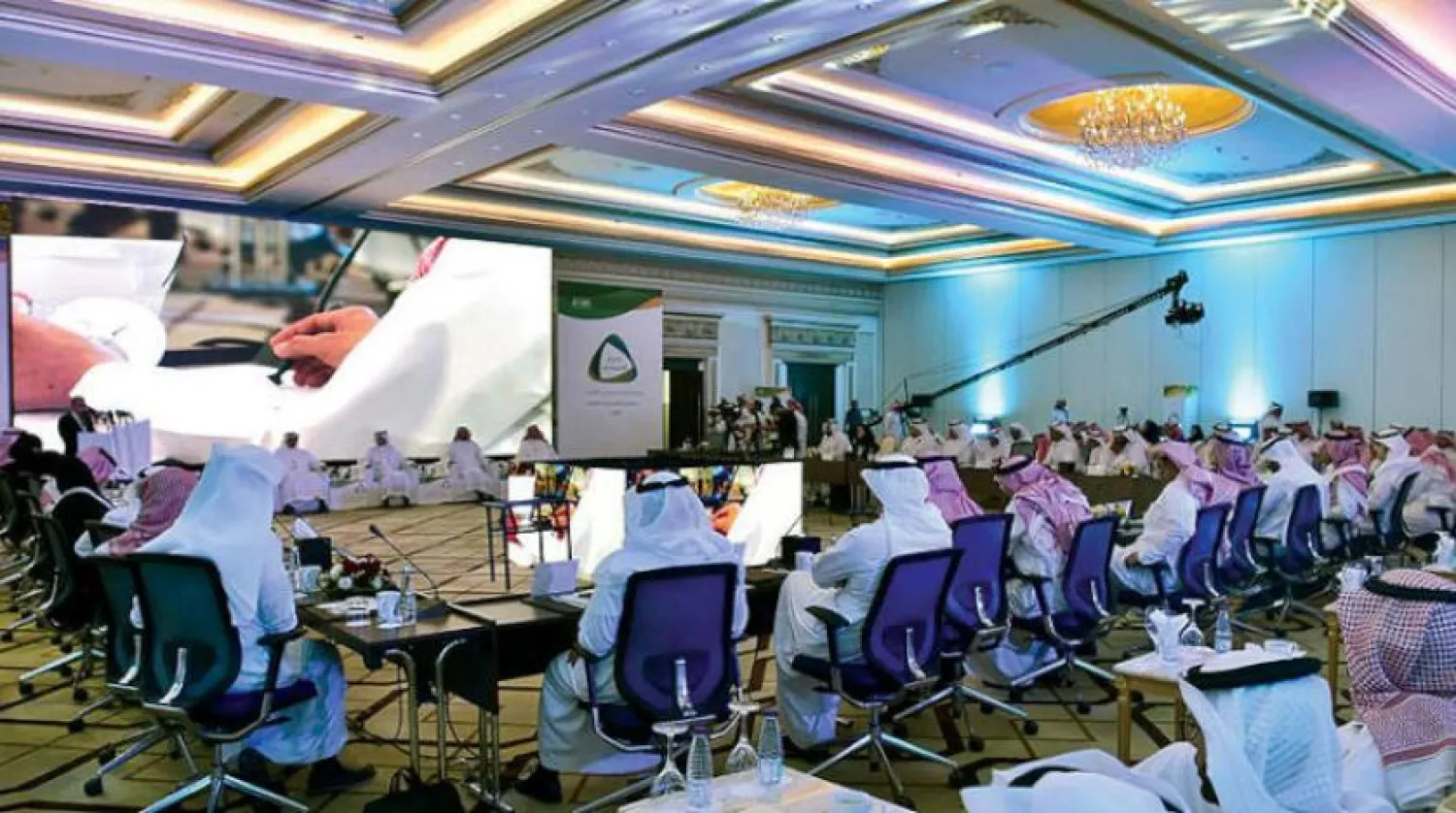Around 3 million new jobs could be created in the future, the Saudi Ministry of Labor and Social Development has estimated.
Minister of Labor and Social Development Ahmed al-Rajhi admitted that some may consider the figure exaggerated or unrealistic, but through the experiences of some countries, many of the traditional jobs and patterns have disappeared and were replaced by professions linked to future labor.
He stressed that the future of self-employment is going through many stages and developments, and is closely linked to the technological revolution, which requires the rehabilitation of many of the current workforce.
Speaking at the 10th Social Dialogue Forum organized by the Ministry of Labor, Rajhi announced that the goal is to increase the efficiency of the labor market and investment in human capabilities.
He explained that this can be achieved among others through talent management and development, and ways to create human resources. He pointed out that companies need to proactively rebuild their workforce and consider skills and manpower an investment.
Asked about the technological revolution and artificial intelligence, Rajhi pointed out that automating jobs does not necessarily mean high unemployment rate.
He explained that if companies or institutions prepared their employees for the change through rehabilitation programs, automation and investment can boost GDP growth.
This, the Minister, believes would increase productivity of both workers and companies that employ them.
Rajhi added that through this forum, the ministry aims to discuss labor issues and develop its mechanisms.
Labor Policy Deputy at the Ministry of Labor Ahmed al-Zahrani told Asharq Al-Awsat that the most important challenges of future jobs are that their descriptions are still unclear.
Zahrani explained that the ministry worked through “labor and social development” system to establish an entity named “Future Company” to consider this issue in terms of definitions, data, policies, and legislation, as well as the incentive programs of the private sector and its labor force.
The Forum, which ran under the slogan “The future of labor in the Kingdom,” discussed talent management and development, as well as rights and responsibilities of employees and employers.
It is one of the Saudi national initiatives aimed at providing the main mechanisms needed to form a successful labor market and achieve social development by increasing community participation.









